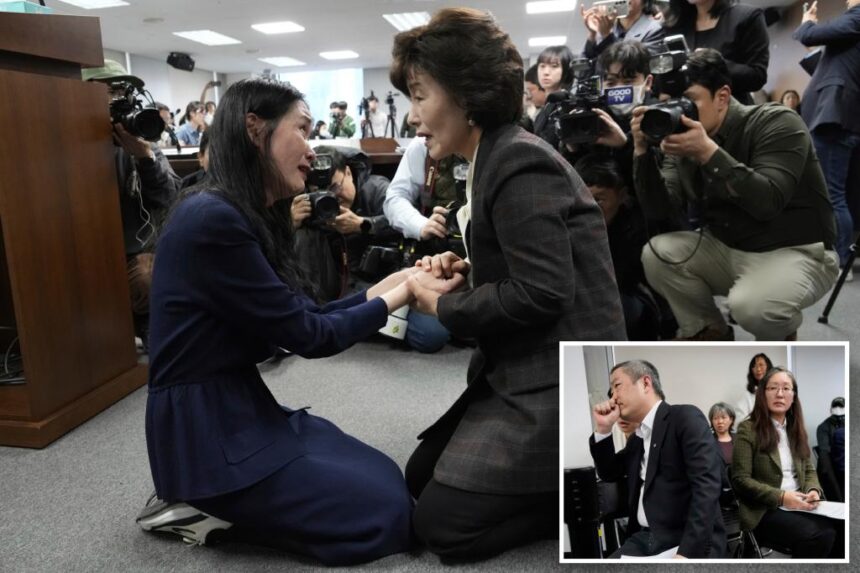South Korea’s truth commission recently released a report concluding that the government played a significant role in facilitating a foreign adoption program filled with fraud and abuse. The report, which followed a comprehensive investigation into complaints from 367 adoptees in various countries, highlighted the systemic problems that plagued South Korea’s foreign adoptions, particularly during the 1970s and ’80s.
The government-appointed Truth and Reconciliation Commission confirmed human rights violations in 56 of the complaints and pledged to review the remaining cases before its mandate expires. However, some adoptees and a commission investigator criticized the report for its cautious approach, citing limitations that hindered the commission from fully establishing the government’s complicity.
Investigator Sang Hoon Lee expressed disappointment over the commission’s decision to defer assessments of 42 adoptees’ cases, pointing out a lack of documentation as the primary reason. Many Korean adoptees were falsely registered as abandoned orphans by adoption agencies, making it challenging to trace their roots. Lee emphasized the need for a deeper understanding of the systemic issues in adoptions to ensure that all cases are properly addressed.
The commission’s report revealed that South Korean officials viewed foreign adoptions as a cost-effective solution to reduce welfare expenses, allowing private adoption agencies to manipulate children’s backgrounds and identities. These agencies engaged in dubious practices, such as falsifying adoption papers and charging excessive fees to foreign adopters. The government failed to provide adequate oversight, enabling agencies to exploit the system for their benefit.
While the government has yet to formally acknowledge its responsibility for past adoption issues, it expressed a commitment to improving the adoption system. The commission’s findings aligned with previous investigations by The Associated Press, highlighting the government’s neglect of adoptees’ human rights and its failure to ensure proper legislative and administrative procedures in foreign adoptions.
The commission recommended that the government issue an official apology, develop plans to address adoptees’ grievances, investigate citizenship gaps among adoptees sent to the United States, and implement measures to assist those without citizenship. It also called for broader DNA testing to facilitate reunions between adoptees and their biological families and advocated for an end to foreign adoptions.
South Korea’s foreign adoption practices have led to the world’s largest diaspora of adoptees, with recent reforms resulting in a significant decline in international placements. The government’s commitment to addressing past adoption issues and implementing necessary reforms is crucial in ensuring the well-being of adoptees and preventing future abuses in the adoption system.








